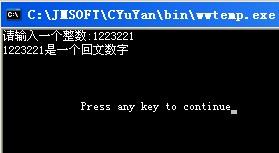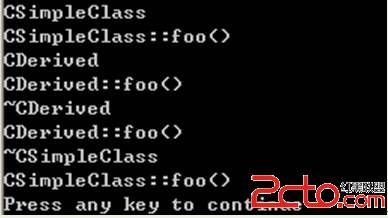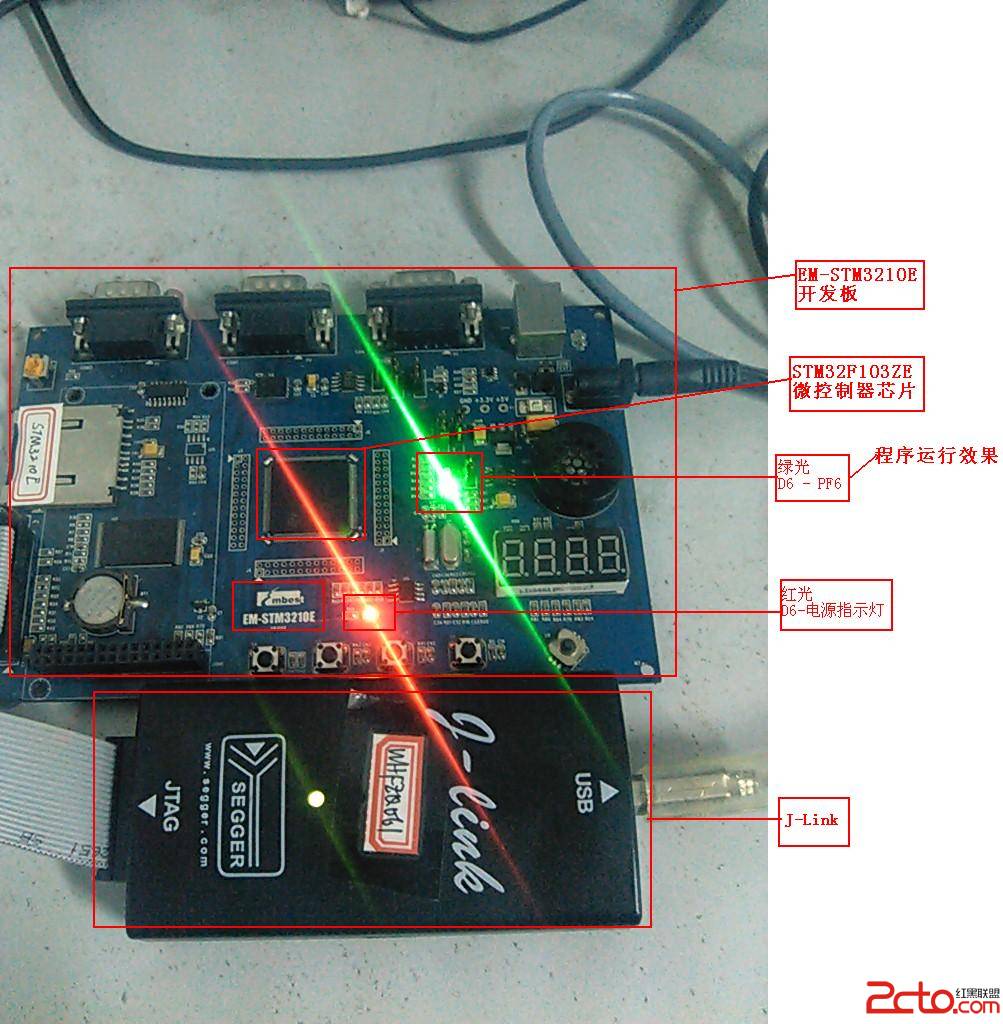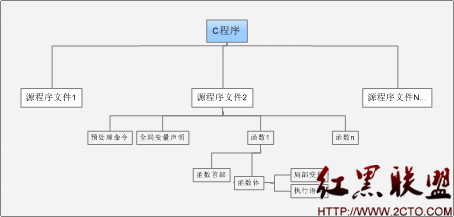poj 3461 Oulipo Rabin-Karp 字符串匹配
裸的字符串匹配,子串最长10,000,母串最长1,000,000。
求子串在母串中出现的次数。
如果子串长度较小,那么直接RK匹配即可,hash值相同时候,直接比较字符串是否相同。
但是这个题的子串太长了,还比较字符串会超时,如果不比较字符串理论上是错误的,虽然
出错的概率很小,而且概率还是跟模数的选择以及运算时候是否溢出有关。
刚开始用了int,发现一直wa了,估计就是运算时候就超int了,取模没起到作用。模数的选
择能够提高正确率。Rabin-Karp 字符串匹配虽然比较好写,也很容易理解,但是适用情况感
觉不是很广,比如子串太长了,处理就麻烦了,舍弃子串比较也不是很好。
但是子串不长的话,Rabin-Karp 字符串匹配还是很不错的。
相比而言,这个题用kmp应该会好很多。
代码如下:
#include <stdio.h>
#include <string.h>
#include <algorithm>
using namespace std;
typedef long long INT;
char szStrM[1000010];
char szStrS[10010];
const INT MOD = 16381 * 4733 + 1;
int main()
{
int nT;
scanf("%d", &nT);
while (nT--)
{
scanf("%s%s", szStrS, szStrM);
INT nMatch = szStrS[0] - 'A';
INT nPowN = 1;
int nSizeS = 1;
char* pszStr = szStrS + 1;
while (*pszStr)
{
nMatch = (26 * nMatch + *pszStr - 'A') % MOD;
nPowN = (nPowN * 26) % MOD;
++nSizeS;
++pszStr;
}
//prINTf("match:%d\n", nMatch);
int nSizeM = strlen(szStrM);
INT nKey = 0;
for (int i = 0; i < nSizeS; ++i)
{
nKey = (26 * nKey + szStrM[i] - 'A') % MOD;
}
//prINTf("key:%d\n", nKey);
int nAns = 0;
for (int i = 0; i <= nSizeM - nSizeS; ++i)
{
//prINTf("key:%d\n", nKey);
if (nKey == nMatch)
// && memcpy(szStrS, szStrM + i, nSizeS) == 0)
{
++nAns;
}
nKey = (26 * (nKey - nPowN * (szStrM[i] - 'A')) % MOD
+ szStrM[i + nSizeS] - 'A') % MOD;
nKey = (nKey + MOD) % MOD;
}
printf("%d\n", nAns);
}
return 0;
}
补充:软件开发 , C++ ,




